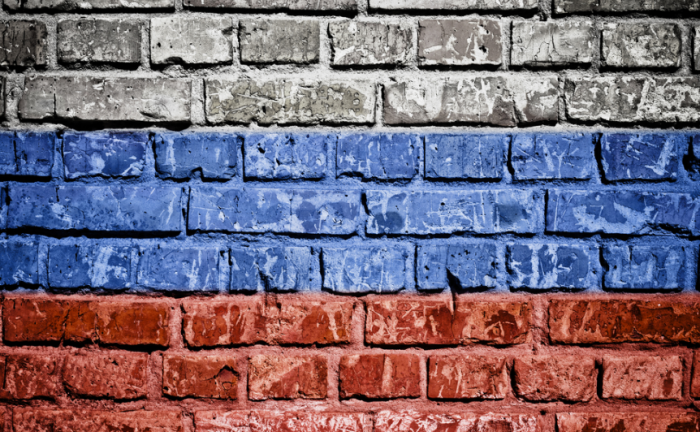
On November 1st in Russia, a new law came into force regulating the use of tools and technologies that are responsible for the anonymous access of the internet. Many internet users are concerned that this law will make it more difficult for them to bypass online restrictions. The law was signed by the President of Russia, Vladmir Putin on July 1st and was intended to place restrictions on online restrictions bypassing tools including virtual private networks (VPN) and proxy servers. In other words, VPN providers would be required to cooperate with the media watchdog of Russia Roskomnadzor and agree to its requests.
The law does not allow the use of VPNs and anonymizers as a form of protecting users’ online privacy or online security. It only restricts the access to banned websites with the help of these online tools.the bank.ru banking portal reported that VPN providers will get access to Roskomnadzor’s blacklist of banned websites and will be entitled to provide the use of their servers “within the legal framework”.
According to business daily RBC, Leonid Levin, the head of the Russian State Duma’s information policy committee, previously stated that the law is only meant for restricting any “unlawful content” online and is not meant to impose any restrictions on law-abiding citizens.
Will this law work?
Roskomnadzor has been developing measures and ways to identify and block suspect websites, however it is not as easy as it seems and it could have a few unwanted consequences. For example, Roskomnadzor has a single register of banned domain names.
Due to the ban, the search engine, Google.ru, was blocked for several hours in June because one of its web pages contained a redirect to a blocked online gambling domain.
IT experts in Russia stated that corporate VPNs are exempted from the law. However, it is still unclear on how Roskomnadzor will be able to distinguish between corporate and public VPNs.
Up to this moment it is still impossible to fully differentiate between corporate VPNs and publicly used VPNs according to what Leonid Yevdokimov said who is an expert at the Tor Project – a US-based team that creates software that allows people to visit websites anonymously and access otherwise hidden parts of the internet.
What’s next?
Internet and social media users in Russia are extremely worried about if the watchdog will be able to block access to the internet altogether from home for those users who search for banned websites. All IT experts are agreeing that it will not.
It is the full responsibility of the search engine operators in Russia, such as Google.ru and Yandex, to prevent their users from accessing the banned websites. If they fail to do so, they will be held accountable and not the users. This is what bank.ru said.
The communications director at media holding Rambler&Co., Matvei Alexeyev told the BBC that most lay internet users in Russia would not notice any changes once the new VPN law came into force. In his point of view, it is a step towards greater transparency of VPN servers.


